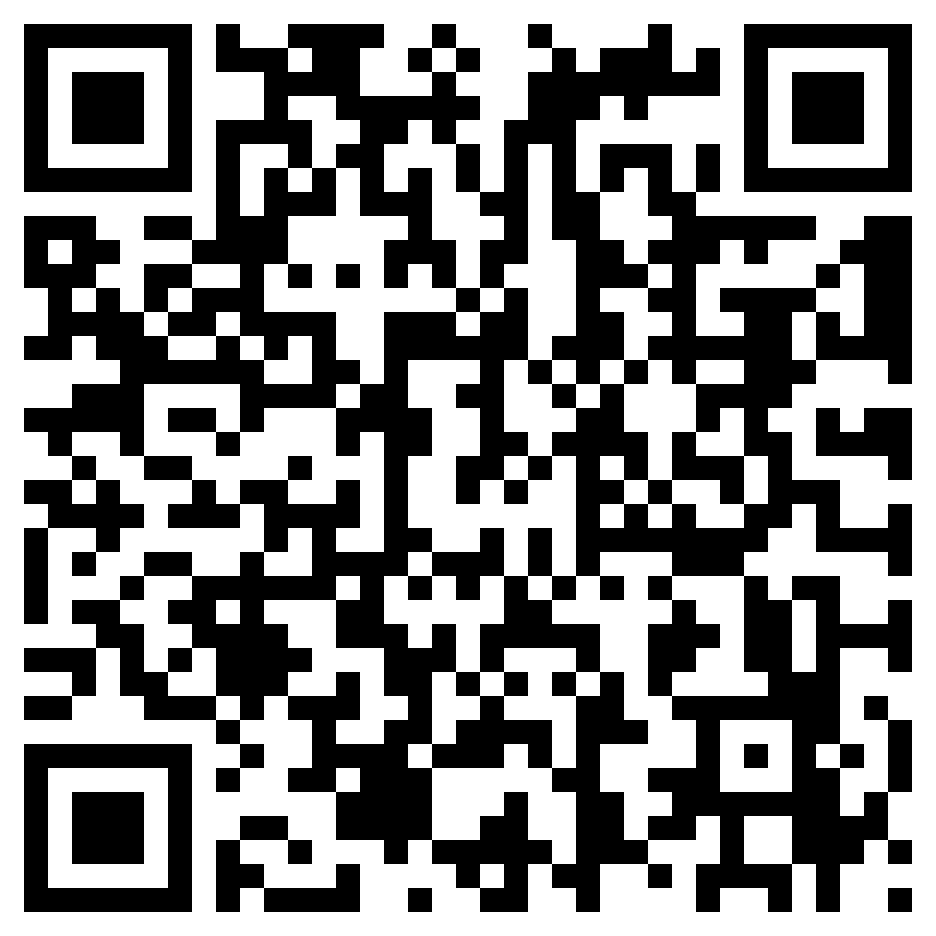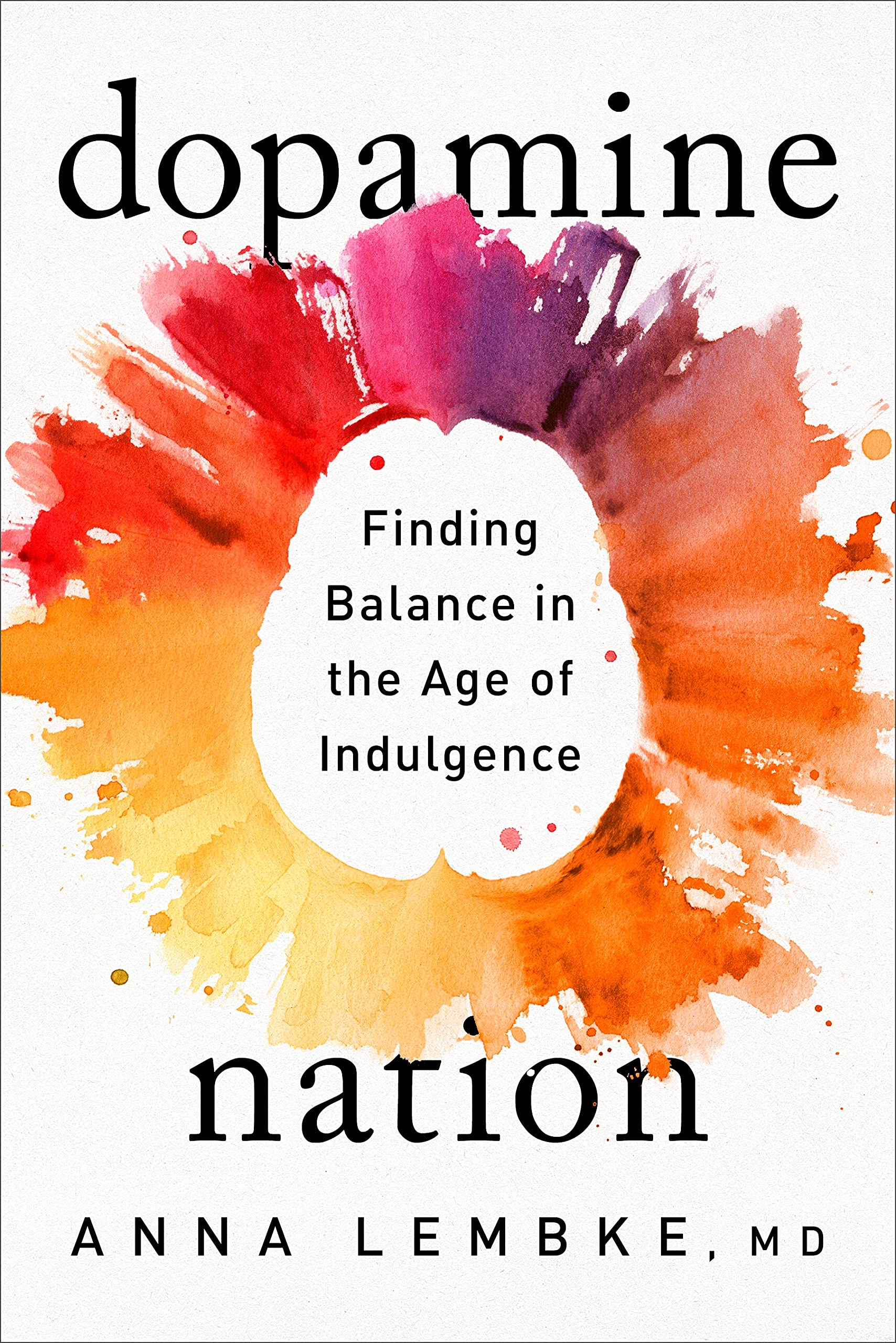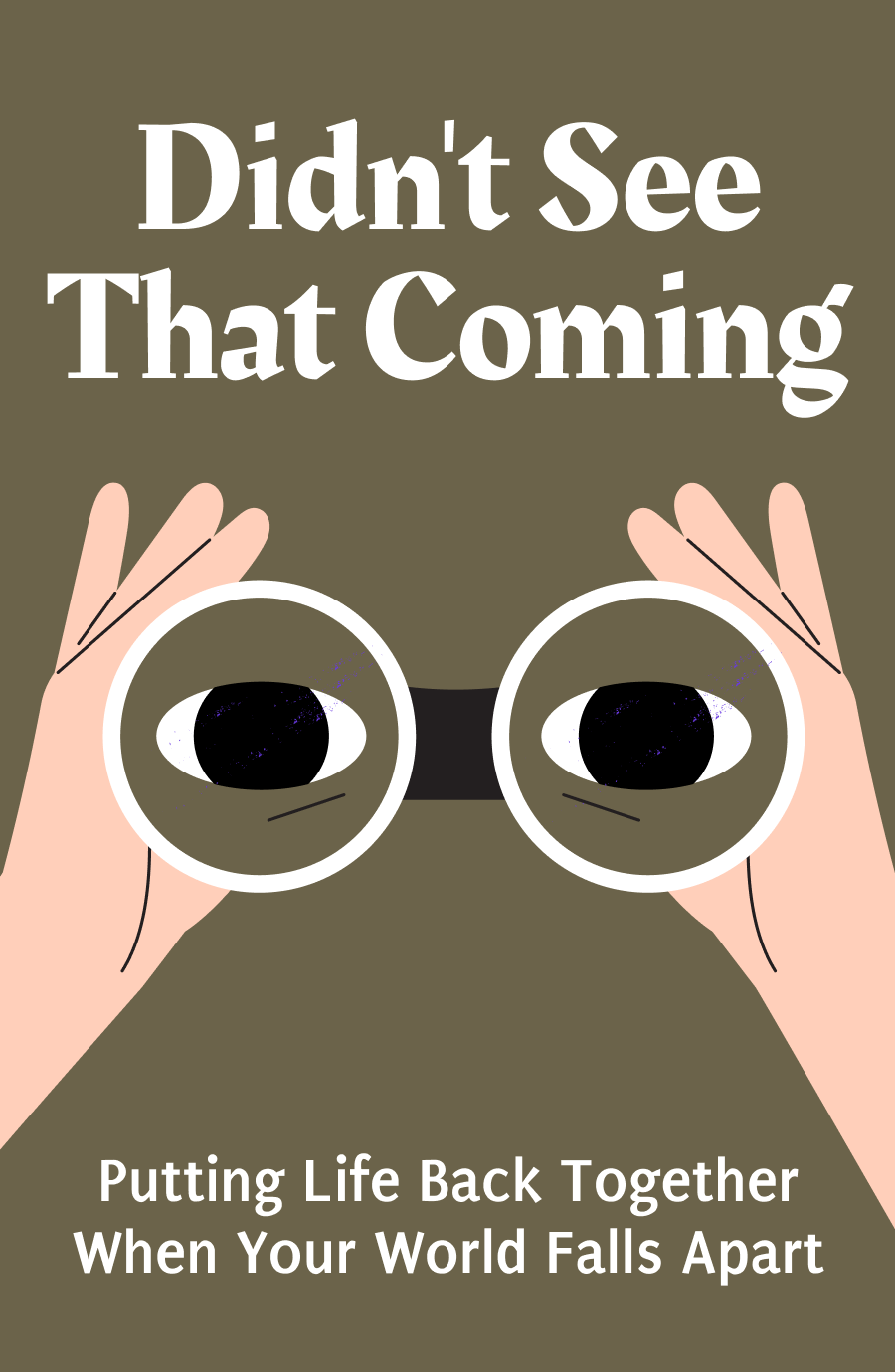Lesson 1. Quick, intuitive decisions are often better than well thought-out ones.
Snap, intuitive decisions are often better than slow and thoughtful ones. The human brain can react to any situation in one of these two ways.
You consciously collect data, and process the information, to come to a well-thought out judgement. This is a longer information processing method, and so, evolution made us devise another quick decision-making process.
This process involves making quick, snap judgements. In such cases, it is your unconscious that takes the decisions based on gut feelings, instead of any rational analysis.
This second method allows your brain to hand over some of the burden of the complex thought processes to your unconscious. During intuitive decision-making, the unconscious processes information at the blink of an eye, and makes a decision about the best course of action.
Many of us feel more comfortable with relying on conscious, well thought out judgements. But the truth is, snap judgements have often proven to be far superior to those borne out of rational thinking.
The unconscious mind is a powerful tool that can assimilate and analyze large amounts of data. Most of such data is unavailable to our rational cognitive faculty. For example, there are tennis experts who can intuitively sense when a player will serve a fault. However they can’t pinpoint exactly why they could make that judgement. There are also art experts who can detect whether a piece of art is forged or not, intuitively.
Lesson 2. Thick-slicing versus thin-slicing.
We might feel that thorough, time-consuming decision-making is much better. This method is also called thick-slicing. Thick-slicing, which involves processing large amounts of data, is often less successful because we fail to take in the necessary information out of the mounds of unnecessary data.
On the other hand, thin-slicing involves relying on the unconscious mind to make quick decisions. Thin-slicing takes into account a narrow range of data to predict the outcome. To make better decisions, one doesn’t always need more and more information. Rather, all they require is a structure that can cut the clutter, and grasp the minimal, relevant details.
Researchers like John Gottman have been able to predict whether a couple will get a divorce, by observing their interactions for as less as three minutes. The unconscious can detect the key data, and form a decision.
Thick-slicing in such situations would be much difficult because filtering out the relevant pieces of information would be time-consuming. If you’re busy observing their feet, posture, and their conversation, you might miss out the contemptuous
Unlock Knowledge with Wizdom App
Explore a world of insights and wisdom at your fingertips with the Wizdom app.
 1 Million+ App Download
1 Million+ App Download  4.9App Store Rating
4.9App Store Rating 5000+Summaries & Podcasts
5000+Summaries & Podcasts








